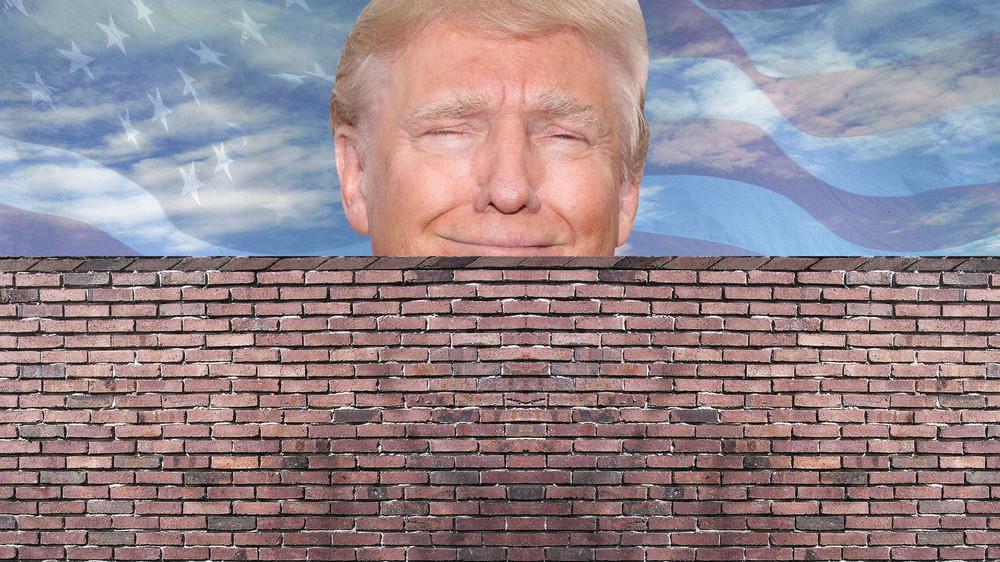On August 3rd 2016, George Bush Jr took a swipe at Trump’s isolationist policies and told an audience at a Republican fundraiser event “isolationism, nativism, and protectionism” were bad for America. Bush was responding to Trump’s America first rhetoric. In the past few weeks both Republicans and Democrats have expressed alarm at Trump’s isolationism, and America’s allies abroad are concerned about the implications of a Trump win in November 2016.
Comment:
American isolationism is not a new feature of American politics, but a perennial issue that surfaces during presidential elections. Isolationism is a specific school of thinking that subscribes to the idea America is better off leaving the world to sort out its own problems.
Isolationists believe that American intervention in different parts of the world to defend allies and protect non-core US interests attracts unnecessary attention, fuels anti-Americanism and leads to needless wars that consumes American resources and military power. Isolationists champion America’s withdrawal from Europe, Middle East, and Asia Pacific. For them, money saved from such overseas ventures combined with a smaller military footprint could be better spent on American citizens at home.
Furthermore, Isolationists believe that no contemporary major power (even if they worked together) has the ability to dominate the world, let alone threaten America’s domestic security. Hence, Europe, Russia and China should be left to their own devices. America should not endeavor to restrain the power of these countries by bolstering its military power abroad through the formation of alliances with smaller countries.
Advocates of US primacy treat isolationist with contempt and consider their views extremely dangerous for America, her allies, and the rest of the world. For proponents of US primacy, America has earned the right to lead the world and become the sole guardian of the global order. Every opportunity to spread American hegemony is exploited and any hint of American weakness abroad is expunged. The crux of US primacy is aimed at limiting the ability of major powers to challenge America’s new world order.
Trump and Clinton are disciples of such contrasting views. Clinton represents the primacy camp—she is the status quo candidate of choice for the establishment. Trump is the outsider, and has already raised eyebrows with his comments on allies to pursue their own nuclear arsenal and to reignite relations with Russia.
A Clinton victory will mean the more of the same for the Islamic world. However, a triumph for Trump may bring a reprieve for Europe and Asia, but it is unlikely the Muslim world will find any solace in Trump’s self-professed isolationism. Trump is likely to honour his election promise and send American soldiers into Syria and Iraq to destroy ISIS, and continue America’s humiliation of the Muslim Ummah.
On a positive note, there are important lessons for Muslims to gain from the US presidential contest. First, the craving for US isolationism is at its peak amongst the US electorate. It is important for Muslims living in the West as well as the Islamic world to exploit such sentiments and repeatedly make the case that American intervention abroad, especially in the Muslim world is a foolhardy venture that will prove ruinous to American interests, unless America ends its wars and withdraws from Islamic lands.
Second, the primacy and isolationism debate in America is in some respects akin to the neglect of dawah and jihad at the time of the Abbasids and then later its complete abandonment during the decline of the Ottoman state. The future Islamic state must avoid such debates and must clearly communicate to the world that its foreign policy seeks to liberate humankind from enslavement to Western capitalism and the American empire to the light and justice of Islam. Allah سبحانه وتعالى says:
وَمَا أَرْسَلْنَاكَ إِلَّا رَحْمَةً لِلْعَالَمِينَ
“And We have not sent you, [O Muhammad], except as a mercy to the worlds.”
(21:107)
Abdul Majeed Bhatti

